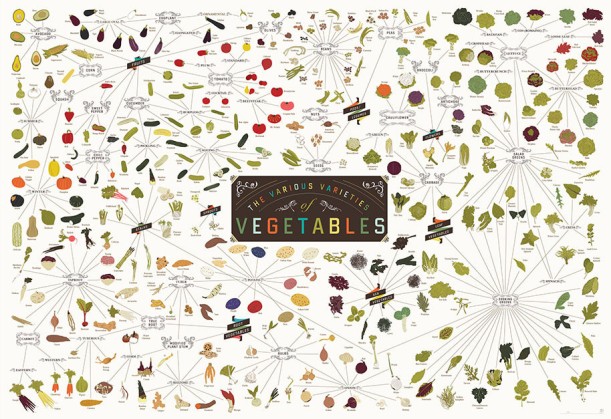Heya! Thanks for being patient in tolerating the lack of posts, I promise it will pick up again once this academic marathon month is over. Thanks to coffee, de-stress baking and solo dance parties (the best), I’m still alive and nearly done with the thesis! I do have a couple of interesting reads for you today, though.
(i) This Time article, while written in a really immature and joking way that I didn’t appreciate, points at an interesting study on the ethics of eating meat and the way people rationalize it:
In a series of experiments and surveys, a team led by research psychologist Steve Loughnan of the University of Melbourne confirmed that while people across a broad range of cultures agree that the more mindful an animal is, the less defensible it is to eat it, we have a convenient way of deciding which critters think and which don’t. If you like beef, you’re more inclined to believe cows can’t think; if you eat only fish, you’re likelier to see cattle as conscious, while the salmon on your plate was probably a non-conscious nincompoop.
(ii) Just the most beautiful visualization of genetic diversity, ever:
You can get it as a poster at Popchartlab.com.
(iii) This has been all over the Internet, but in case you didn’t read it – an insightful view at all the sponsors of nutrionists’ organizations and conferences. Spoiler: most of them are big agri-food companies that are hawking ‘healthy’ processed products. In the words of a participant:
“A dietitian you’d expect to be principled,” she said. “But here I feel like we’re sleeping with the enemy.”
(iv) A cool infographic on mercury rates in fish, complete with a handy chart on what fish to avoid and which one is ok to eat from a health perspective (via Visually, click through for a larger version):
(v) And finally, an interesting read on new nutritional evidence that saturated fat may not be the enemy, after all, and even more fascinating, how we came to think that way – in their words, through a mix of “personal ambition, bad science, politics and bias”. Check this out:
Critics have pointed out that Dr. Keys violated several basic scientific norms in his study. For one, he didn’t choose countries randomly but instead selected only those likely to prove his beliefs, including Yugoslavia, Finland and Italy. Excluded were France, land of the famously healthy omelet eater, as well as other countries where people consumed a lot of fat yet didn’t suffer from high rates of heart disease, such as Switzerland, Sweden and West Germany. The study’s star subjects—upon whom much of our current understanding of the Mediterranean diet is based—were peasants from Crete, islanders who tilled their fields well into old age and who appeared to eat very little meat or cheese.
As it turns out, Dr. Keys visited Crete during an unrepresentative period of extreme hardship after World War II. Furthermore, he made the mistake of measuring the islanders’ diet partly during Lent, when they were forgoing meat and cheese. Dr. Keys therefore undercounted their consumption of saturated fat. Also, due to problems with the surveys, he ended up relying on data from just a few dozen men—far from the representative sample of 655 that he had initially selected. These flaws weren’t revealed until much later, in a 2002 paper by scientists investigating the work on Crete—but by then, the misimpression left by his erroneous data had become international dogma.
My scientist’s heart is bleeding.
And with that – I’m off again! Happy frolicking in the spring sunshine!

